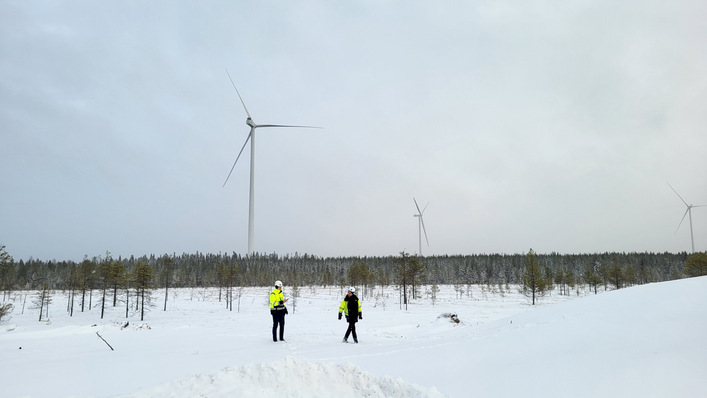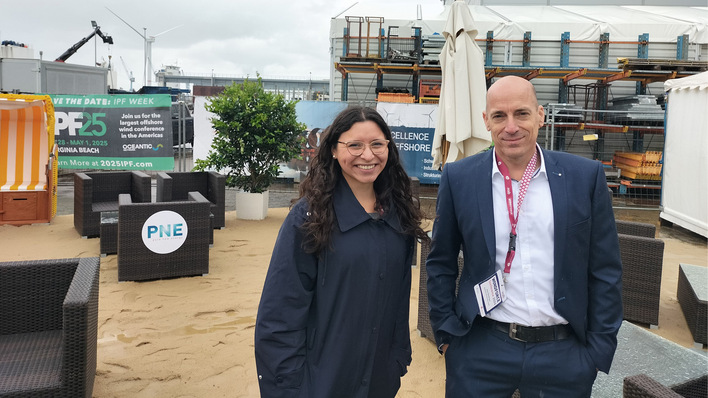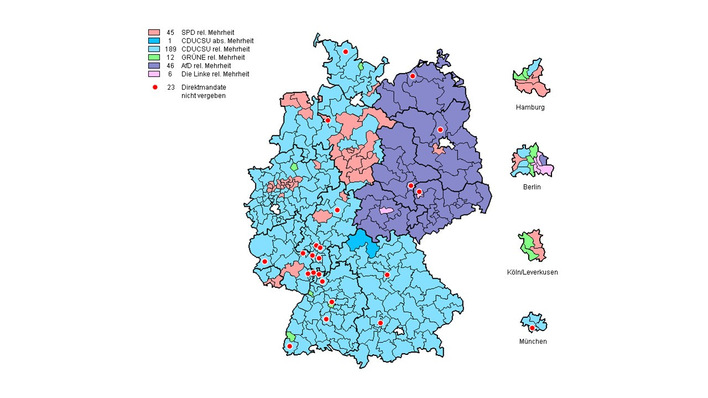While upstream solar manufacturers remain pressured by a global price war, downstream developers are benefiting from lower component costs, increased market size, and interest from new project finance investors. The downstream and vertically integrated solar companies helped increase the Ardour Solar Energy Index (SOLRX) by 8.2% in August.
The top three solar companies in August all reported strong second quarter earnings attributable to their project development arms. While demand for module remains well shy of global production capacity, it is still growing at a rapid pace, especially in the US market. First Solar and Sunpower both cited a robust North American project pipeline and they were up 39.6% and 14.3%, respectively. MEMC Electronic Materials was the top performer in the sector as its SunEdison project arm sold off a handful of utility-scale projects in Europe. The pure upstream module manufacturers continue to suffer. Trina Solar was down 4.4% and Yingli Green Energy was up 5.6%. We note that these two Chinese manufacturers are among the lowest cost producers in the industry; most western competitors are no longer in the AGIXL and in many cases are bankrupt. Norway’s REC was down 17.4% after announcing that its wafer unit would file for bankruptcy. Q-Cells, a former AGIXL constituent the industry’s largest manufacturer in 2008, was sold in an insolvency proceeding this month to Korea’s Hanwha Chemical.
The stock performance of wind companies benefited in August from continued takeover rumors. Former market leader Vestas is reportedly in talks with Mitsubishi Heavy Industries; the stock ended the month up 42.4%. Western turbine manufacturers continue to struggle in the competitive Chinese market and face a shrinking US market due to regulatory uncertainty. The key US tax credit is set to expire at the end of this year and has already damaged the 2013 pipeline. August was actually a positive month though on this front as the Senate Finance Committee quietly passed a 1 year extension that has a decent chance of passing after the election. Turbine manufacturer Gamesa, which has a heavy exposure to the US, was up 20.9% for the month.
The upcoming November elections in the US are likely to have an impact on the markets for the next two months, though it is unclear how the results will ultimately impact the industry. President Obama has been a reliable advocate for the cleantech sector, but has not been able to deliver meaningful energy legislation in his firm term. Governor Mitt Romney less supportive than President Obama, but it is not clear what actions he would take that could have a negative impact on the sector, especially since he would likely have to work with a divided Congress. Enjoying support from the White House is still important in other ways though, so the industry will be carefully monitoring the candidates as the election approaches. Robert Lahey, Ardour Capital Investments, LLC






